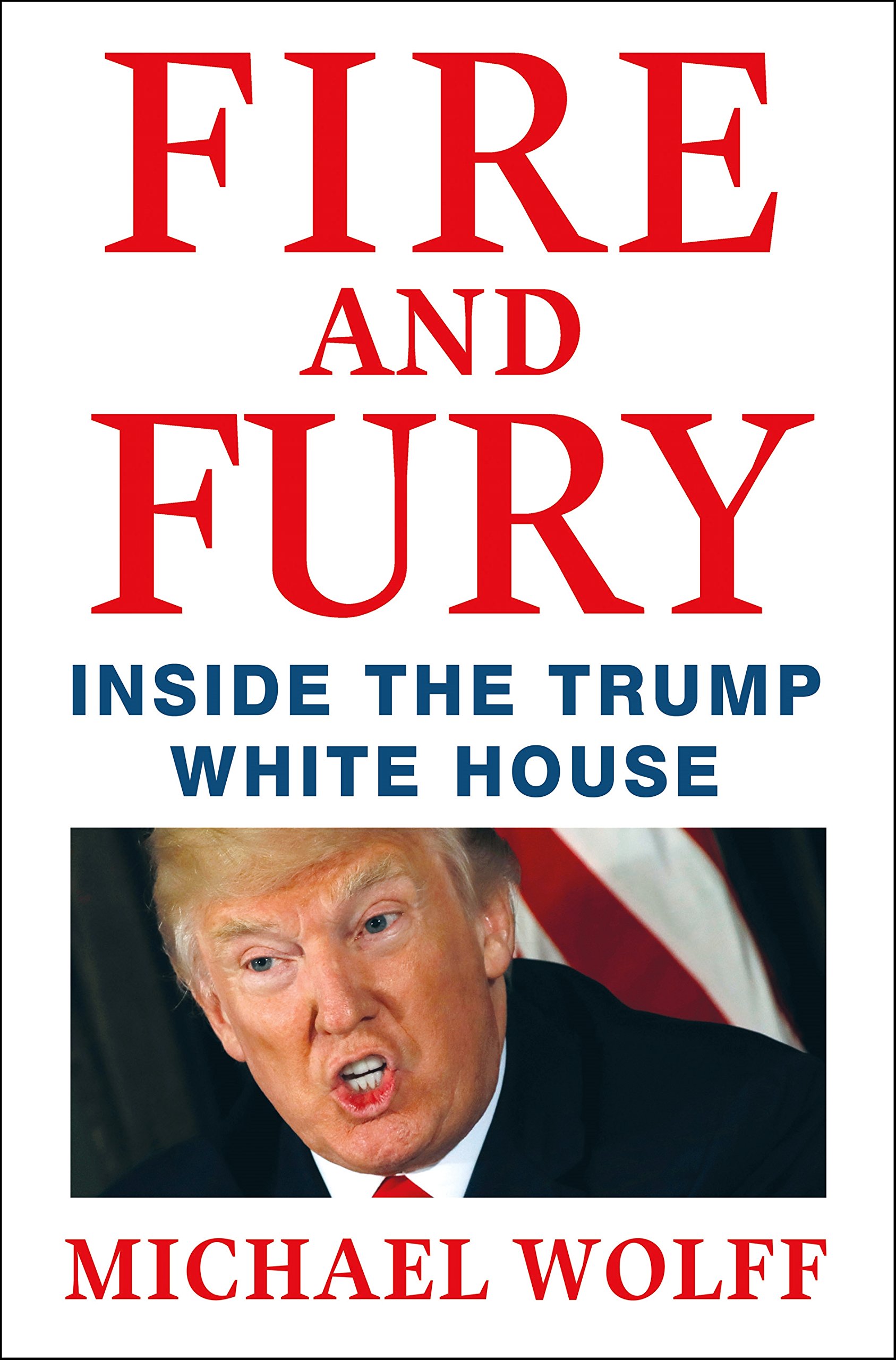Subtext
I UNDERSTAND that most of the two dozen readers of Propeller are too busy with arts and literature to get to the business section of the newspaper, so I write today to implore you to set aside some time to enjoy the profile of Stephen Rubin that ran in last Sunday’s New York Times. Rubin is the current publisher at Henry Holt & Company, and the article noting his accomplishments is fantastically enlightening about those wondrous blocks of Manhattan within which our country’s highly intelligent and exquisitely principled literati set the tone for achievement in the world of books.
Because I gave up on my own writing many years ago and now content myself with increasingly desperate rambling emails sent to this magazine while I eat lunch huddled in the cubicle of a company that works with money directly, sans the bother of creating or manufacturing any actual items, I admit I take great pleasure in moments in which the dream of my early years, a contract from a publishing house in grand old New York City, is revealed as the delusion of a naïve child. Yes, I may be a masochist, but as any masochist will tell you: At least I’m not a sadist.
Sridhar Pappu, author of the Times article, sets the tone right out of the gate when he quotes Rubin as saying: “On rare occasions, when I see something that is simply wonderful, I see dollar signs. I saw dollar signs. And I was just luxuriating in the pleasure of reading it.” The linking of dollar signs with pleasure is what tipped me off right away: this New York publishing puff piece was going to be comedy gold.
The thing that Rubin—again, not an employee at CNN or Fox News, not a blogger pounding out clickbait political posts, but the president and publisher of a major New York publishing imprint—found himself “luxuriating in the pleasure of,” we discover, is none other than Michael Wolff’s Fire and Fury: Inside the Trump White House. Rubin is seventy-six years old and has spent his entire adult life in the publishing industry, but it is the covertly scribbled salaciousness of Fire and Fury that has “provided the ultimate victory lap” for him. And what were his previous victories? To quote one of the article’s early moments of what I can only assume is the driest wit, please enjoy this item re: Fire and Fury: “Mr. Rubin now finds himself with a book that has arguably matched the heights of ‘The Da Vinci Code’ and ‘The Firm.’”
The heights, Pappu writes—and the Twitter-verse didn’t light up over the impudence and irresponsibility of the claim! Well I, for one, will not let this pass. I was a young bookish type when The Firm came out. I read The Firm. I saw The Firm. I owned the album from The Firm. (That is different.) And you, Fire and Fury, are no The Firm!
The article then moves to deeper background regarding Mr. Rubin’s career, which sounds like a pretty easy thirty-odd-year jaunt through various publishing offices—so easy, in fact, that when Random House reorganized in 2008 and eliminated Rubin’s position, he wasn’t actually eliminated, but instead became a “publisher at large,” which, if you’re wondering what that means, Rubin helpfully describes: “Basically I was on the executive floor in a very beautiful office, and I was so bored I would close my door and go shopping on the internet. That’s demoralizing, really demoralizing.”
“‘It’s not our job to judge our authors,’ said the man whose job it is to judge authors. If he is not played by Zero Mostel in the movie version, I will riot.”
Basically demoralizing, I bet. And yet who among us, I say, has not had this very same experience, in which our six-figure position is eliminated, and the painful result is that we are forced so suffer the humiliation of continuing to be paid, keeping our office, and being given copious freedom? It is an exquisitely humanizing passage in the article, is it not?
It is soon followed by a move into the nitty gritty of Rubin’s personal Horatio Alger tale, in which he pulls himself up by the loafer tassels, strides out of that publisher-at-large office, and takes a job…as a publisher at a different house. He makes a deal with Andrew Wylie (all Times articles about publishing are required to mention Andrew Wylie, it’s house style) for a book by Michael Wolff. It turns out, though, that Mr. Wolff has an idea for a new book, a book that involves the ultimate poor man’s rich man, the rural man’s city man, the Facebook man’s Twitter man: Mr. Donald. Fucking. Trump.
You’ll think you know the story from there, but this is the moment when, in an inspired move, the article shifts to an almost Mel Brooksian level of absurdity. Note this paragraph about Fire and Fury, in which every line is a lie:
“It’s a great read, but it’s very smart,” [Rubin] said. “Michael’s a classy writer. People would say things like, ‘I walk out of a room with Michael Wolff in it.’ And I said, ‘Well, bully for you.’ I don’t care about that.”
We then discover that Rubin absolutely does know what a classy writer is, because the other writer who he’s been having fantastic success with at Holt is…Bill O’Reilly. Holt is the publisher, it turns out, of O’Reilly’s Killing Whatever Name I Can Put Here That Will Most Trigger You books, which Pappu politely describes as “a series of popular (if sometimes deeply factually flawed) history books.” If they are deeply factually flawed then they are not actually history, but who has time to split hairs when so much money is rolling in? In an era in which divisive politics powered by manipulative lies and unethical exploitation has damaged our country’s ability even to hold a legitimate election, at least we can turn to the thoughtful, sane world of New York publishing to find…a cynical shitheel whose genius is that he has figured out you can make a pretty penny by publishing books of divisive politics filled with factual flaws.
Bully for you.
At least Bill O’Reilly’s career is over, though, right? Wait, sorry—not so fast. Rubin, clearly a man of deep reflection, has this to say about the multiple sexual harassment allegations that caused Fox News—Fox News!—to drop O’Reilly: “The corporate stance is it’s not our job to judge our authors.” People like to bag on the New York Times for any number of reasons these days, but let me say this: No one does funny like the Times does funny. “It’s not our job to judge our authors,” said the man whose job it is to judge authors. If he is not played by Zero Mostel in the movie version, I will riot.
 “People have done things far worse than Bill O’Reilly,” John Grisham said. A former lawyer, he knows.
“People have done things far worse than Bill O’Reilly,” John Grisham said. A former lawyer, he knows.
John Grisham makes a cameo in the article, first repeating the hoary cliché about trickle-down economics in the publishing world: “Popular authors like me and Bill O’Reilly make it possible for other writers, more literary writers maybe, to get published because we bring in the revenue.” So I guess experimental poetry collections by immigrant lesbians are made possible through the grace of John Grisham—I haven’t seen his contracts, so we’ll have to take his word for it. Not content merely with his request for a thank-you note from everyone except J.K. Rowling and Scott Turow, Grisham offers further nuance:
“When the O’Reilly scandal broke, I wrote Steve [Rubin] an email and gave my two cents. I said, ‘If Bill O’Reilly’s books are selling, then he’s got an audience. And if he has an audience, print the books, publish the books. You can’t censor the guy.’ […] But I knew what he was going to do. He was going to publish the books. People have done things far worse than Bill O’Reilly.”
John Grisham was supposedly, at one point in time, a lawyer. Over the years, however—over the heights, I suppose—of his literary career, he has apparently forgotten the definition of censorship. And it doesn’t sound like he took many cases to trial, does it? Your honor, my client pleads not guilty. People have done things far worse than what he did!
The article’s coup de grace is the savage turn it takes at the end, in which we learn that Rubin “still maintains a car and a driver” and continues to throw lavish parties at his apartment near Central Park West. A recent party celebrating the release of Fire and Fury, for instance, “attracted, among others, Ann Coulter, the former Hollywood Reporter editor Janice Min and NPR’s David Folkenflik.” Ann Coulter, the Hollywood Reporter, and Folkenflik, all rubbing elbows over cocktails at a party for Michael Wolff. It’s like the end of The Parallax View, except instead of Warren Beatty getting shot (sorry), Bill O’Reilly is resuscitated—so he can publish Killing O’Reilly. (He absolutely will do that, by the way.) Ann Coulter high-fives Michael Wolff, Stephen Rubin smiles into the camera, and we fade to black.
Guys, I know you’re busy working on your poems and memoirs and novels, but you should really read the article. These are our leaders.
Pete Tothero is a staff writer who has become more and more interested in the myriad ways contemporary American society attempts to make individuals feel weird and alone unless they do what they are told.

